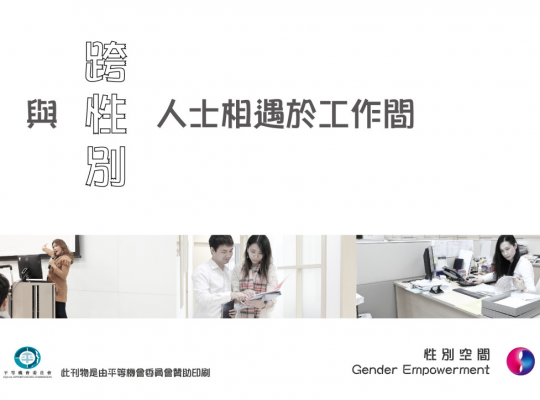現時通俗的中文人稱代詞為「他」或「她」,而部分非二元性別者會用「X也」、或日常廣東話較常用的「佢」為其人稱代詞。在現時英語的世界,某些非二元性別者會以 “they, them” 作為一個單數中性代詞去使用,而不是一般理解的眾數代詞用法,即是廣東話的「佢」而非「佢哋」。另外,亦有一些非二元性別者會使用新代詞如 “xe”, “ze”, “sie”, “co”, “ey” 等等。有些人也會沿用二元的 “he” “she”,在兩者之間隨心轉換,或再加上 “they” “them”使用;也有人會只用自己的名字,而完全不使用任何代詞去代表自己。
以下是一系列的二元及非二元性別 會用到的英語代詞:
| Subject | Object | Possessive Adjective | Possessive Pronoun | Reflexive | |||||||||||
| Female | She | Her | Her | Hers | Herself | ||||||||||
| Male | He | Him | His | His | Himself | ||||||||||
| Gender Neutral | Ze | Hir | Hir | Hirs | Hirself | ||||||||||
| Spivak | E | Em | Eir | Eirs | Emself | ||||||||||
| How to pronounce gender neutral pronouns: | |||||||||||||||
|
|||||||||||||||
| Examples of how to use these pronouns:
She went to her bedroom. I am her sister. She shaves herself. |
|||||||||||||||




